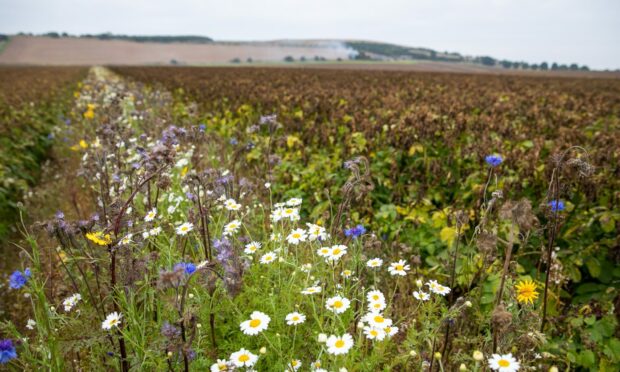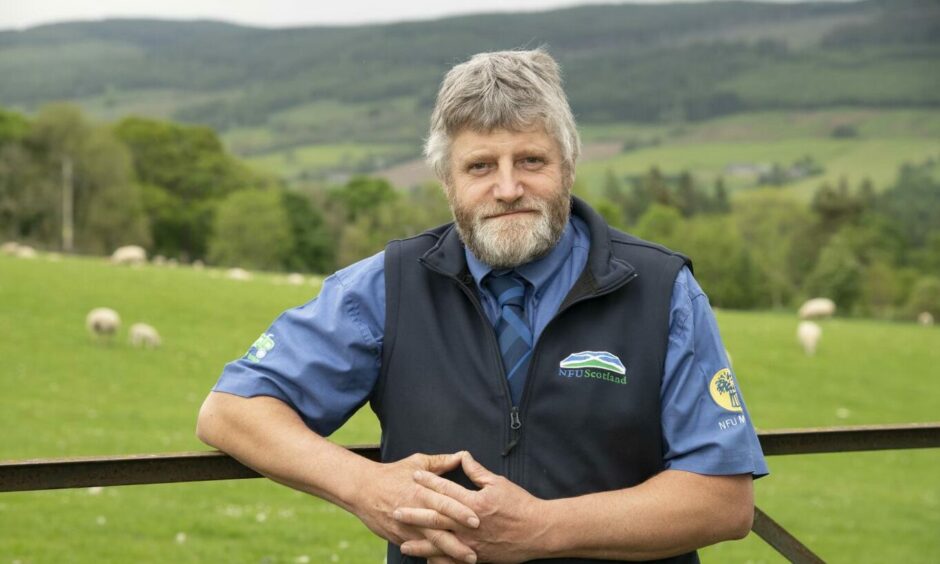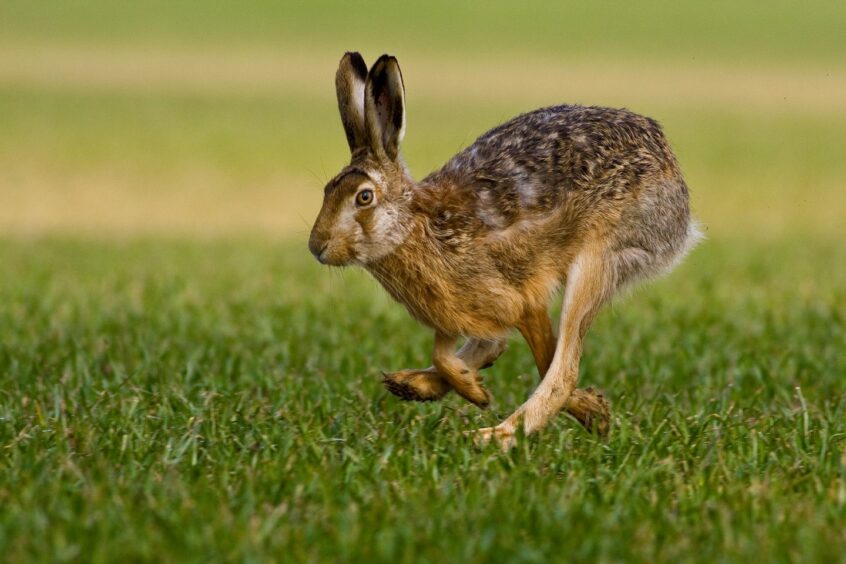Scottish farmers will need to engage with new environmental tools as soon as they can next year – or risk facing the “car crash” policies now playing out south of the border.
That was the warning from NFU Scotland (NFUS) president Martin Kennedy at an end-of-year press briefing which also delivered a demand to the Scottish Government to accelerate the delivery of measures under the £51 million National Test Programme (NTP) no later than Spring 2022.
The NTP is designed to help farmers understand how their work impacts on climate and nature by funding a range of baseline measures such as carbon audits, soil testing and nutrient management plans.
However the detail of new schemes is still being thrashed out by the government’s Agriculture Reform Implementation Oversight Board (ARIOB).
Mr Kennedy said: “The challenge to have an operational and effective NTP ready for roll out in Spring 2022 is daunting but is equally non-negotiable.
“If Scottish agriculture is to deliver all that is now expected of it, then the Scottish Government must enable it to do so – and that must begin in the next few short months.”
However Mr Kennedy acknowledged it will be incumbent on the industry to buy in to the programme in order to avoid regulation in future.
“Given whats happening across Europe with the Farm to Fork strategy and what’s happening south of the border with the Environmental Land Management Schemes (ELMS) I think its in everyone’s interests to get involved,” he said.
“We see ELMS as a car crash given the analysis done till now, and it’s looking seriously worrying that there could be a reduction in critical mass. We can’t afford for that to happen in Scotland.”
The union’s policy director, Jonnie Hall, made it clear that the NTP would be open to all farmers and crofters to enable then to make decisions on how they can deliver the outcomes of quality food production, climate ambitions and biodiversity enhancement.
“Carbon audits, soil testing and nutrient management plans won’t deliver outcomes but they will tell you what you can do to deliver efficiencies , biodiversity and improve the bottom line of the business. So they’re key and need to pick up pace now,” he said.
He also pointed out that from 2025 the Scottish Government has made it clear that 50% of agricultural support will be conditional.


